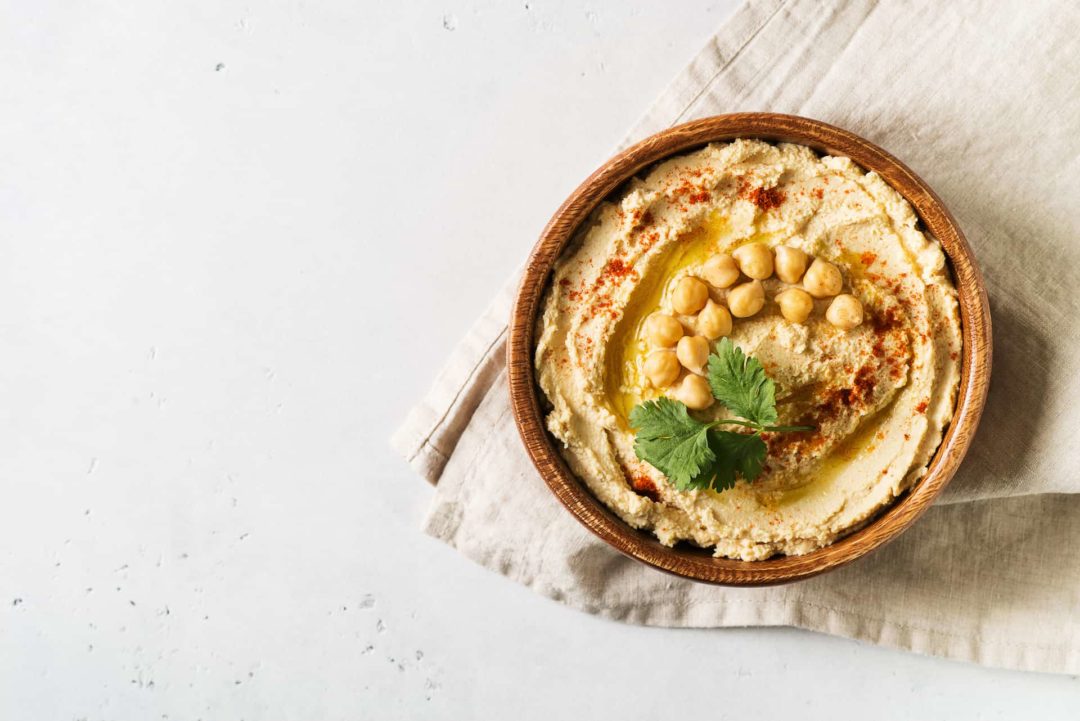Glyphosate is the most widely used herbicide in the world, the release says. It is sold under the name Roundup by Monsanto, now owned by Bayer AG. The International Agency for Research on Cancer has classified glyphosate a probably human carcinogen, andseveral juries have agreed.
The EWG’s test included 27 conventional samples of hummus, 12 samples of organic hummus, and six samples of organic chickpeas. While the Environmental Protection Agency allows for what the press release calls the “woefully inadequate legal limit” of 5,000 parts per billion, EWG’s “health-based” benchmark is 160ppb.
Out of the conventional samples, one-third exceeded EWG’s benchmark. The highest level was found in Whole Foods Market Original Hummus; it contained more than 2,000ppb. 10 hummus samples exceeded EWG’s benchmark.
Related: The Risks of Glyphosate and How to Reduce Exposure [Podcast] Germany to Ban Glyphosate Cleaner, Greener Household Cleaners
Out of the 18 organic hummus and chickpea samples, all but two contained detectable concentrations of glyphosate. Glyphosate levels in general were lower in the organic samples than in conventional, but the press release notes that one dry chickpea sample had the highest glyphosate concentration of all samples tested in the study. Organic farmers, however, are legally prevented from spraying Roundup on their crops; EWG suggests that the glyphosate content may be due to pesticide drift from conventional crop fields, or contamination at processing and packaging facilities.“Beans, peas and lentils are a nutritious, affordable source of protein and an important part of the American diet,” said Olga V. Naidenko, Ph.D., EWG’s VP for Science Investigations. “These excellent foods would be much better without glyphosate. Toxic weedkiller should never be allowed to contaminate these products, or any other foods, that millions of American families eat every day.”
“Organic foods, including organic hummus and chickpeas, remain a better choice for consumers,” said EWG Toxicologist Alexis M. Temkin, Ph.D. “EWG testing of both conventional and organic bean products for glyphosate helps increase the transparency in the marketplace and protect the integrity of the Department of Agriculture’s organic certification.”










